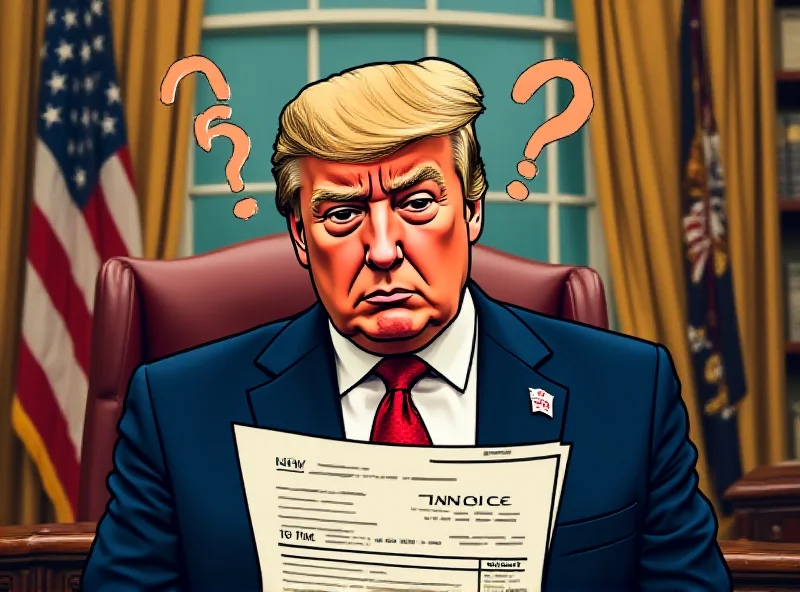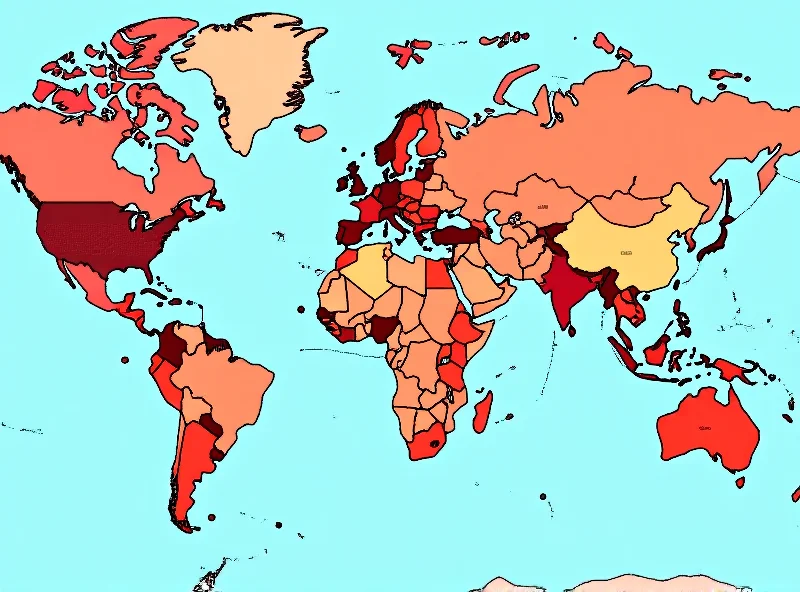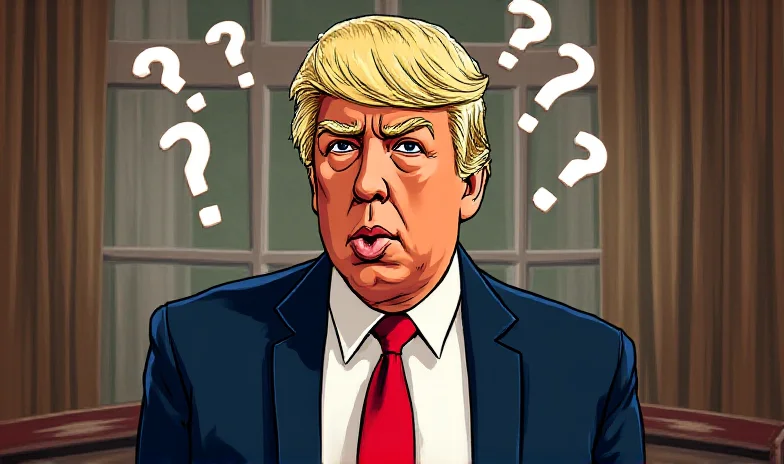A recent report in The Wall Street Journal has highlighted a potentially troubling misunderstanding of international economics within President Trump's circle of advisors. The issue revolves around Value Added Taxes (VATs), a common form of taxation used by many countries, particularly within the European Union.

According to the report, Trump's team believes that VATs are essentially export subsidies, because companies receive rebates on VAT payments when they export goods. This has led them to view VATs as a form of tariff, which could potentially trigger retaliatory trade measures against countries that utilize them.
The Flaw in the Logic
However, this view is widely considered to be a misunderstanding of how VATs actually work. Economist Doug Irwin, for example, has strongly refuted this notion. He argues that VATs are not discriminatory trade barriers, but rather taxes on consumption.
“Another fallacy is that other countries’ value-added taxes constitute discrimination against the U.S.," Irwin explained. "Most European countries tax imported goods because they also levy taxes on domestic producers. In the end, VATs are taxes on consumption and don’t discriminate against imports.”

The key difference lies in the fact that VATs are applied equally to both domestically produced goods and imported goods. This means that they do not create an unfair advantage for domestic producers, as a tariff would. Instead, they simply represent a tax on consumption within a particular country.
Potential Consequences
The potential consequences of this misunderstanding could be significant. If the Trump administration were to treat VATs as tariffs, it could lead to trade wars with key trading partners, particularly those in the European Union. This could disrupt global supply chains, raise prices for consumers, and ultimately harm the global economy.

It is crucial for policymakers to have a clear understanding of international economics and trade policy. Misconceptions like this one regarding VATs can have serious and far-reaching consequences. As Irwin’s older works highlight, a grasp of the fundamental principles of trade is more critical than ever in navigating the complexities of the global economy.
Seeking Clarity
The hope is that these misunderstandings can be clarified, and that trade policy will be based on sound economic principles, rather than flawed assumptions.

Only then can we ensure a level playing field for businesses and consumers alike, and avoid the potentially devastating consequences of trade wars.
